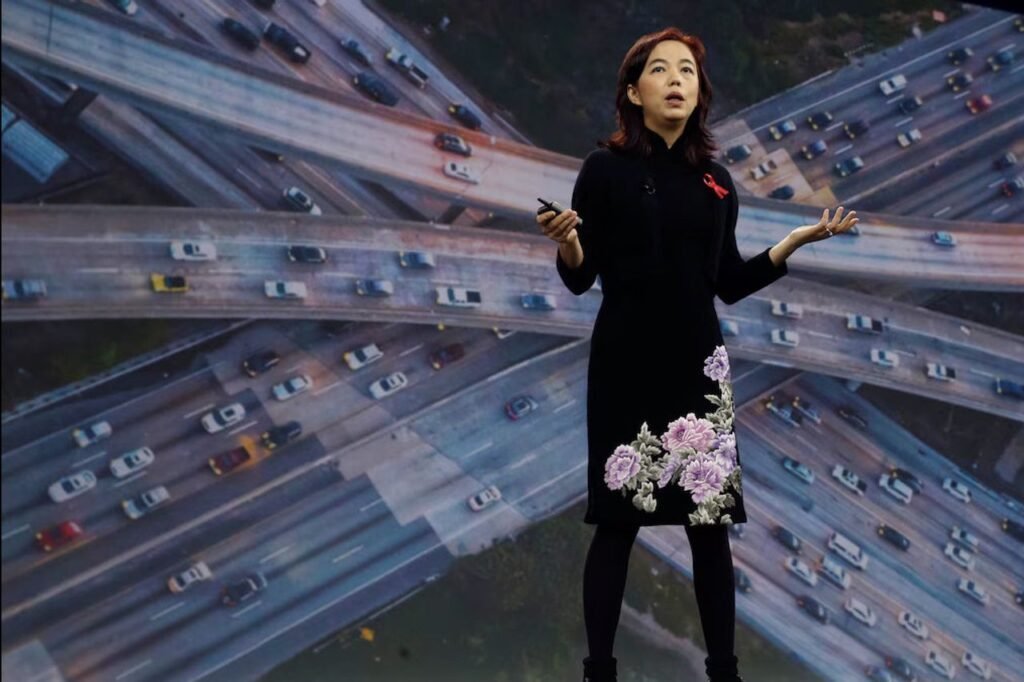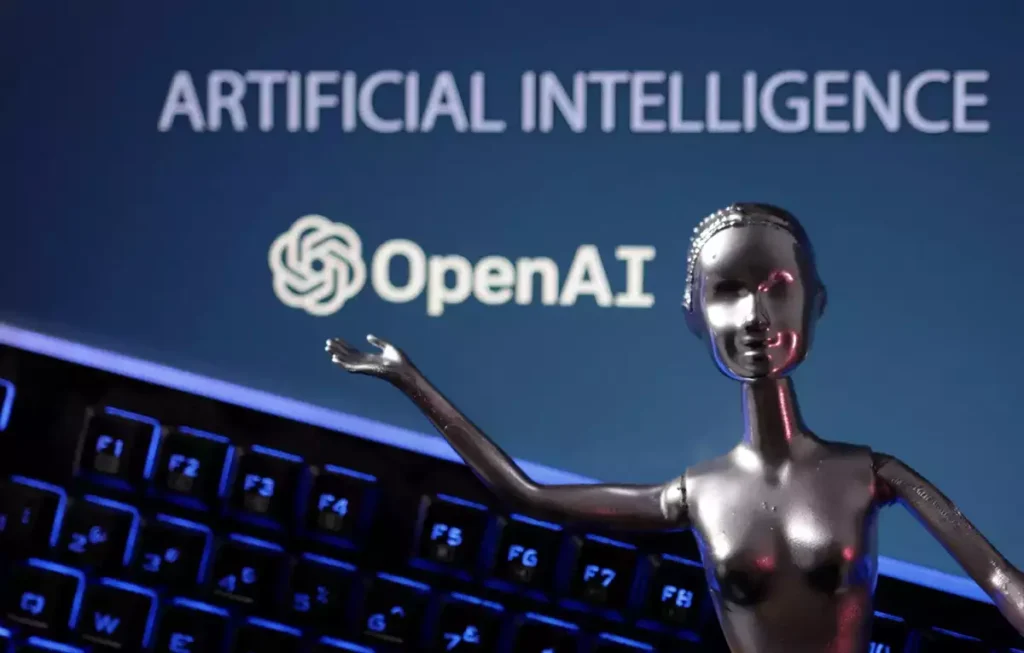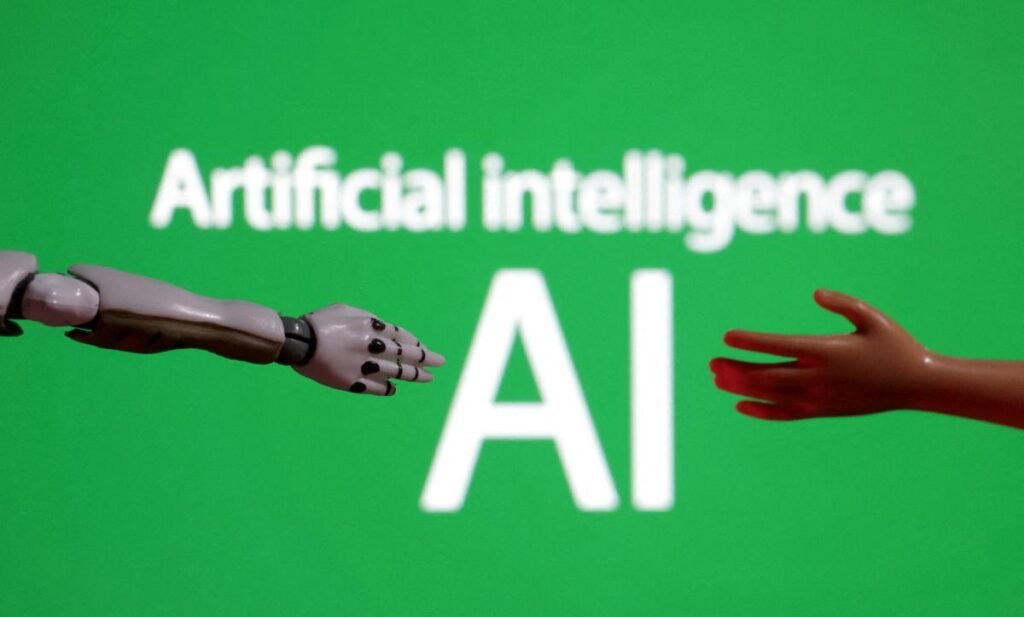According to six sources who spoke with Reuters, eminent computer scientist Fei-Fei Li is developing a firm that will expand artificial intelligence (AI) by using human-like processing of visual data to enable sophisticated reasoning.

Known for being a trailblazer in the field of artificial intelligence, Li recently secured preliminary finance for the company. Among the investors were the Canadian company Radical Ventures, which she joined as a scientific partner last year, and the Silicon Valley venture firm Andreessen Horowitz, according to two other sources.
Representatives from Radical Ventures and Andreessen Horowitz declined to comment. Li did not reply when contacted for comment.
Li is most commonly referred to as the “godmother of AI,” a label that is taken from the term “godfathers” that is frequently used to refer to a trio of academics who were recognized for their advances in AI technology in 2018 with the Turing Award, the highest honor in the computer field.
One account of the startup cited a talk Li gave at the TED conference in Vancouver last month, in which she stated that the state-of-the-art in research involved algorithms that could reasonably infer the appearance of text and images in three-dimensional environments and take appropriate action based on those predictions. This is called “spatial intelligence.”
Li rose to prominence in the field of artificial intelligence (AI) by creating the massive ImageNet dataset, which paved the way for a new wave of computer vision systems capable of correctly identifying objects for the first time.

The Human-Centered AI Institute at Stanford, which she co-directs, is dedicated to making AI technology that “improves the human condition.” Apart from her research, Li was the head of artificial intelligence at Google Cloud from 2017 to 2018, a member of the board of directors at Twitter, and a policy advisor at the White House.
Li has called for a “moonshot mentality” from the US government and bemoaned the financing gap in AI research between government labs and academic institutions and the well-funded commercial sector.
She is listed as being on partial leave from the start of 2024 until the end of 2025 on her Stanford profile. Her profile lists “cognitively inspired AI,” robotic learning, and computer vision as research interests.
She describes her current position on LinkedIn as “newbie” and “something new,” effective January 2024.
Li is entering a race among the most innovative AI startups to teach common sense to their algorithms in order to get around the limitations of existing technologies, such as large language models, which sometimes spit out absurd lies amid otherwise astoundingly human-like responses. Li is doing this by entering the startup world.
Artificial general intelligence (AGI) is the threshold at which a system can execute most activities as well as or more competently than a human. Many argue that this ability to “reason” must be achieved before AI models may achieve AGI.

While some researchers contend that developing larger and more complex versions of the existing models is the best way to enhance reasoning, others suggest that the way forward is to employ new “world models” that can replicate how infants learn by absorbing visual information from their physical surroundings and developing logic.



